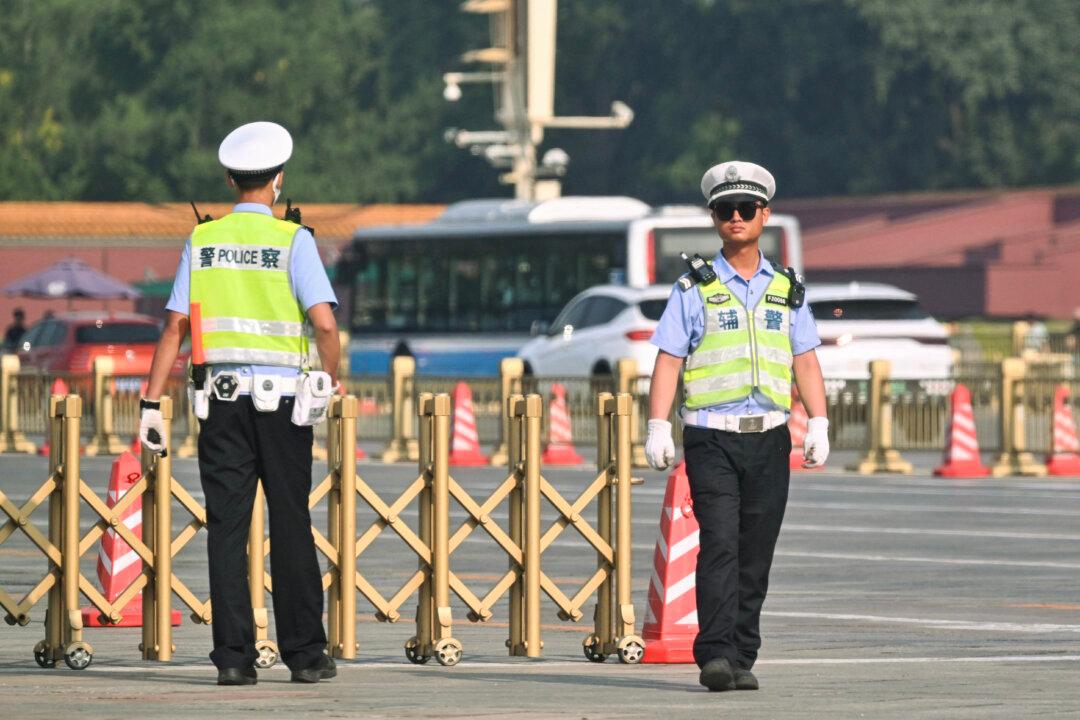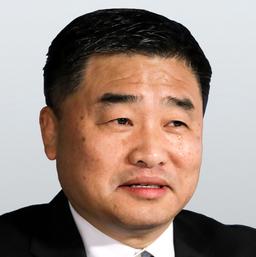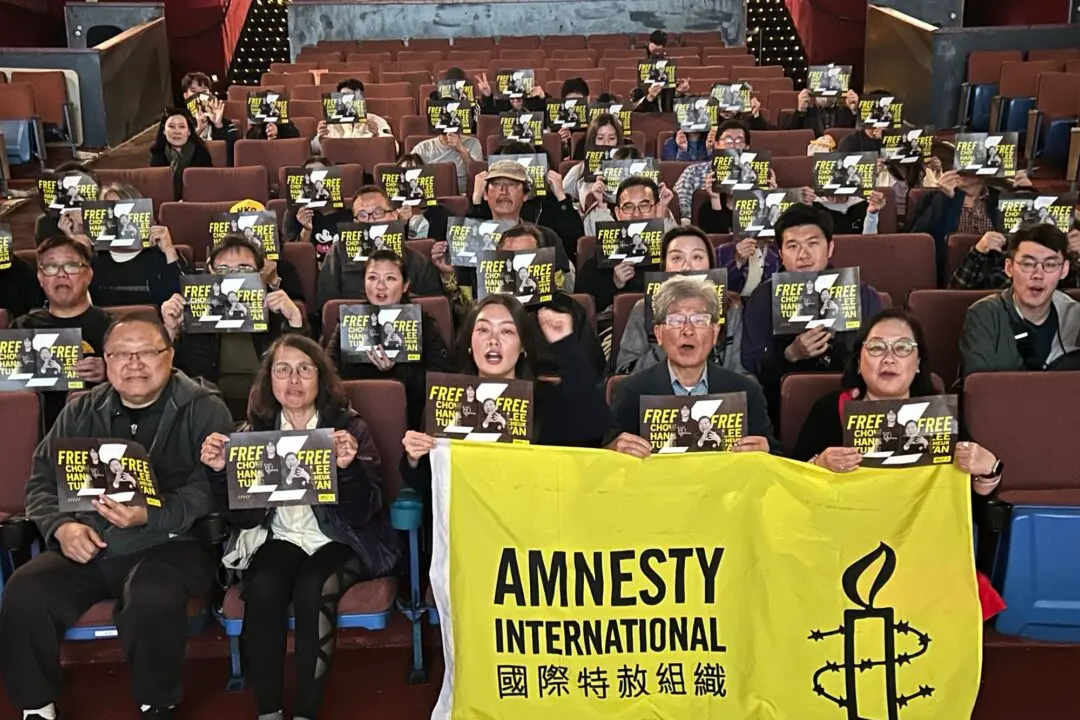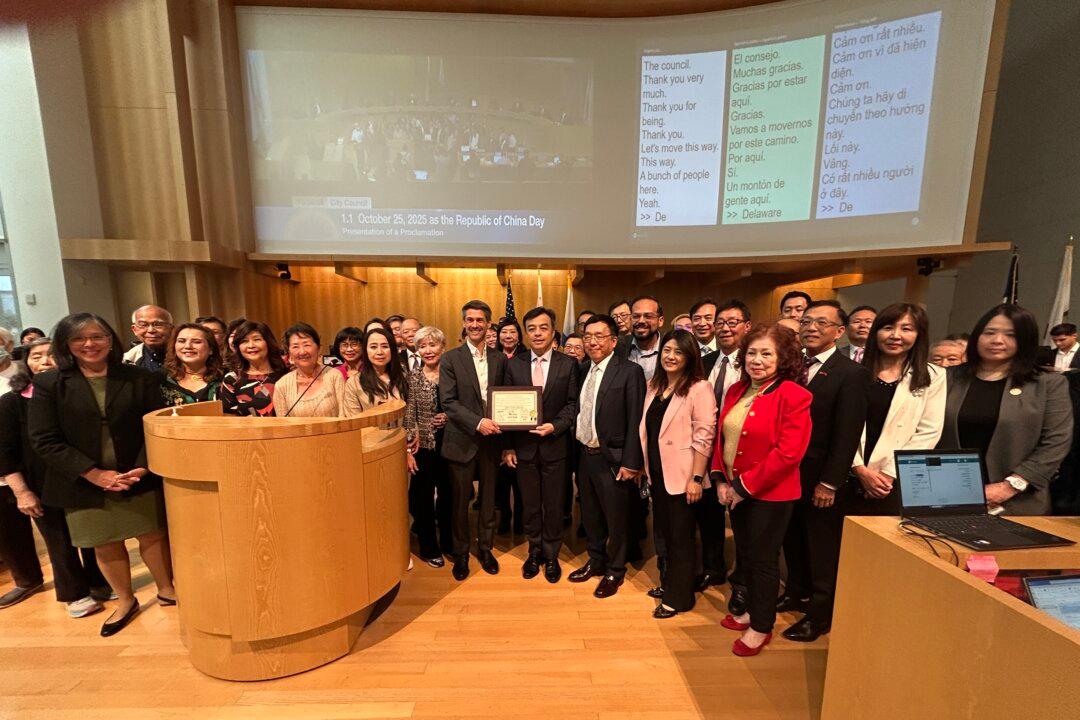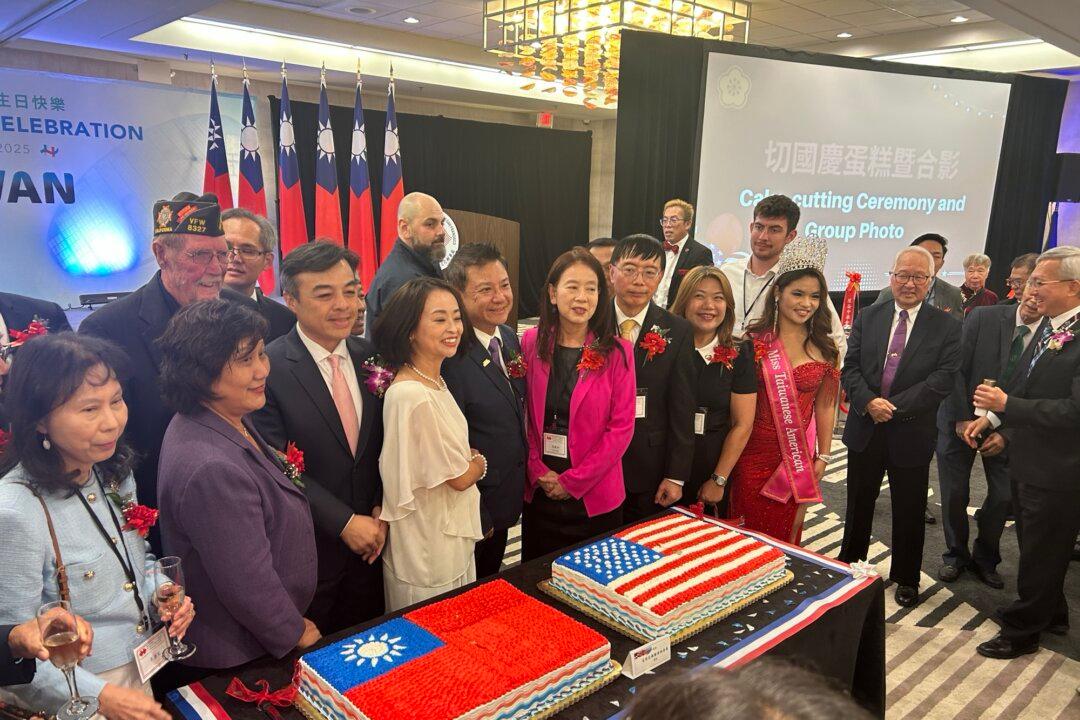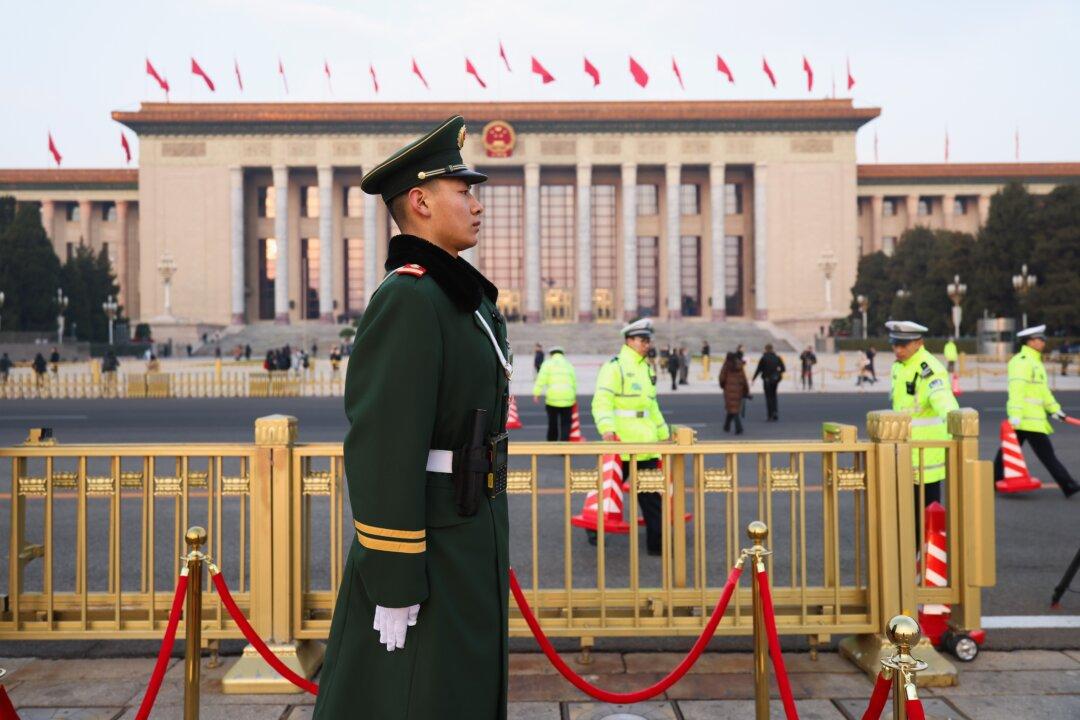A U.S. citizen visiting Harbin City in northern China was recently questioned by local Chinese police and warned not to use her U.S.-registered mobile phone in public.
Teresa Chen (a pseudonym), who requested anonymity, is an American citizen employed by a U.S. law firm in Northern California. Ms. Chen, who has frequently traveled to China for business, made her latest trip in May for a personal reason: selling her apartment in Harbin, the capital city of Heilongjiang Province in China.
